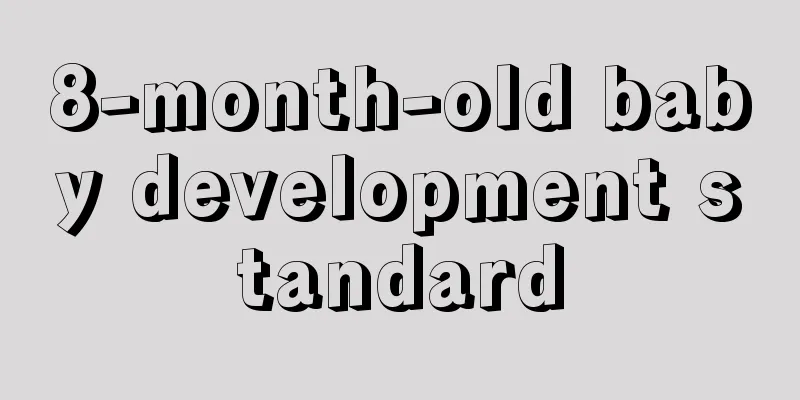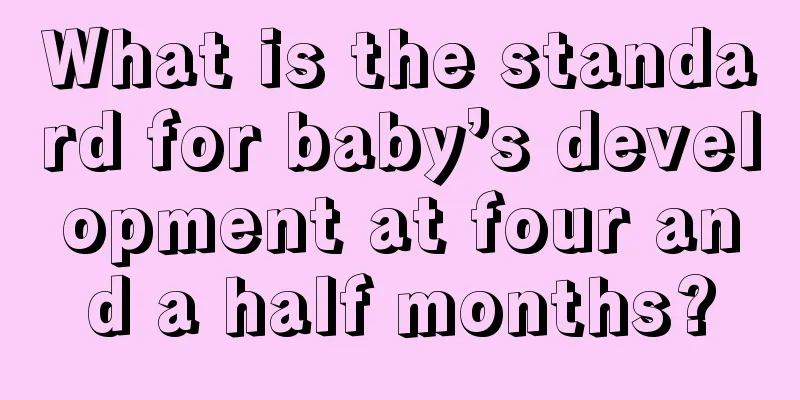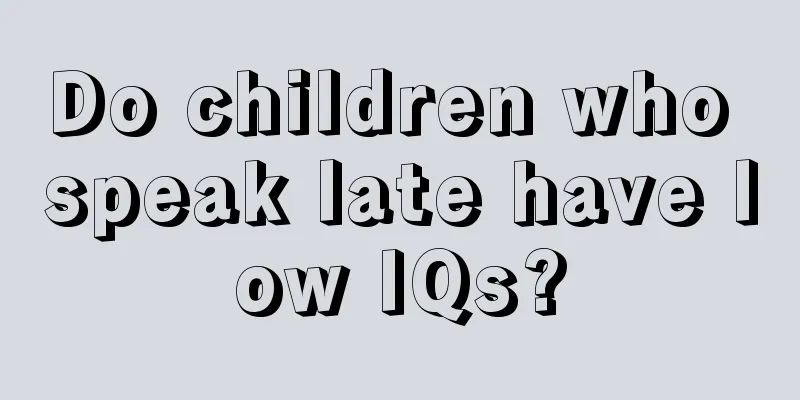8-month-old baby development standard

|
New mothers are still relatively unskilled in taking care of their babies at the beginning, and they always don’t know how to take care of them better. Therefore, they should closely observe the development of their babies. If they find that they do not meet the normal development standards, they should take active measures. Usually in the first year after birth, you will find that your baby’s height grows fastest, and will quickly reach more than three times the height at birth. Fontanelle The skull of children under one year old has not yet developed fully, and there are still cracks between the bones of the head. In the front center of the top of the head, there is a diamond-shaped gap with an oblique diameter of about 2.5 cm. It is medically called the anterior fontanelle. A few months after birth, the anterior fontanelle of the baby's head circumference changes as the anterior fontanelle closes, reflecting the ossification process of the skull. Through it, some pathological changes in children can be observed. It is abnormal for the anterior fontanelle to close too early or too late. If it closes too early, microcephaly may occur; if it closes too late, rickets, cretinism or hydrocephalus may occur. If it is too full, it is a sign of increased intracranial pressure and an important sign of meningitis and encephalitis. The posterior fontanelle is formed by the junction of the parietal and occipital bones. Located at the back of the head, it is usually closed at birth and at the latest at 2 to 4 months. Height (length) refers to the sum of the lengths of the head, torso and lower limbs. The proportions of the three are different in different stages of the baby. The younger you are, the larger the ratio of your head to your upper body. As you age, your lower body will grow faster than your upper body. The average length of a baby at birth is about 50cm. The height (length) grows fastest in the first year, with an average monthly increase of 2.5cm from 1-6 months, and an average monthly increase of 1.5cm from 7-12 months. At one year old, the baby is about 25cm taller than at birth, which is 1.5 times the height at birth. In the second year after birth, the baby's height growth rate begins to slow down, only increasing by 10-12 cm throughout the year. From the age of 2 until before puberty, the baby's height increases by an average of 6-7cm each year. 2-7 years old baby height calculation formula = age × 5 + 75cm Tips When measuring your baby's height (length), take off his shoes, hat and socks. It is best to measure your height (length) in the morning so that the data obtained will be more accurate. Small and uncooperative babies can be measured in a lying position. When measuring, make sure your knees are straight and someone has their head fixed with hands. Boys of the same age have a slight advantage in height (length) over girls. Monoparticles, such as bottle, bath, ball, drink water. |
<<: What should I do if my child has a low fever and cold hands and feet?
>>: 77-day baby development standard
Recommend
Why does my baby keep farting?
Many mothers are particularly worried when their ...
Clinical manifestations of aspiration pneumonia in infants
Whether the baby can grow up healthily is the mos...
What is immunoglobulin for children?
Many children need to get a vaccine - immunoglobu...
Treatment of kidney disease in children.
Now there is a group of children, around 3-6 year...
How to regulate children’s poor sleep?
Sleep is very important to us, not only to have a...
Reasons why babies stretch
Many physical conditions of infants will not be m...
Baby's back red spots
The baby's skin is very delicate, so it canno...
What should I do if my two-year-old child likes to hit others?
When the baby is two years old, he is always curi...
What are the symptoms of bronchiolitis in children?
Bronchiolitis is a very common phenomenon. This p...
What to do if your child has an allergic cough
When it comes to children's allergic cough, y...
Precautions for treating high fever convulsions in children
If suddenly one day, your child's face twitch...
What to do if your child has a sore throat
What should we do if our child has a sore throat?...
Air conditioning temperature in baby room in summer
Nowadays, every household is equipped with air co...
Precautions for children in emergency department
This symptom of early childhood emergency is rela...
Is it scary for a one-year-old child to have dry intestines?
In our lives, many children are particularly pron...









